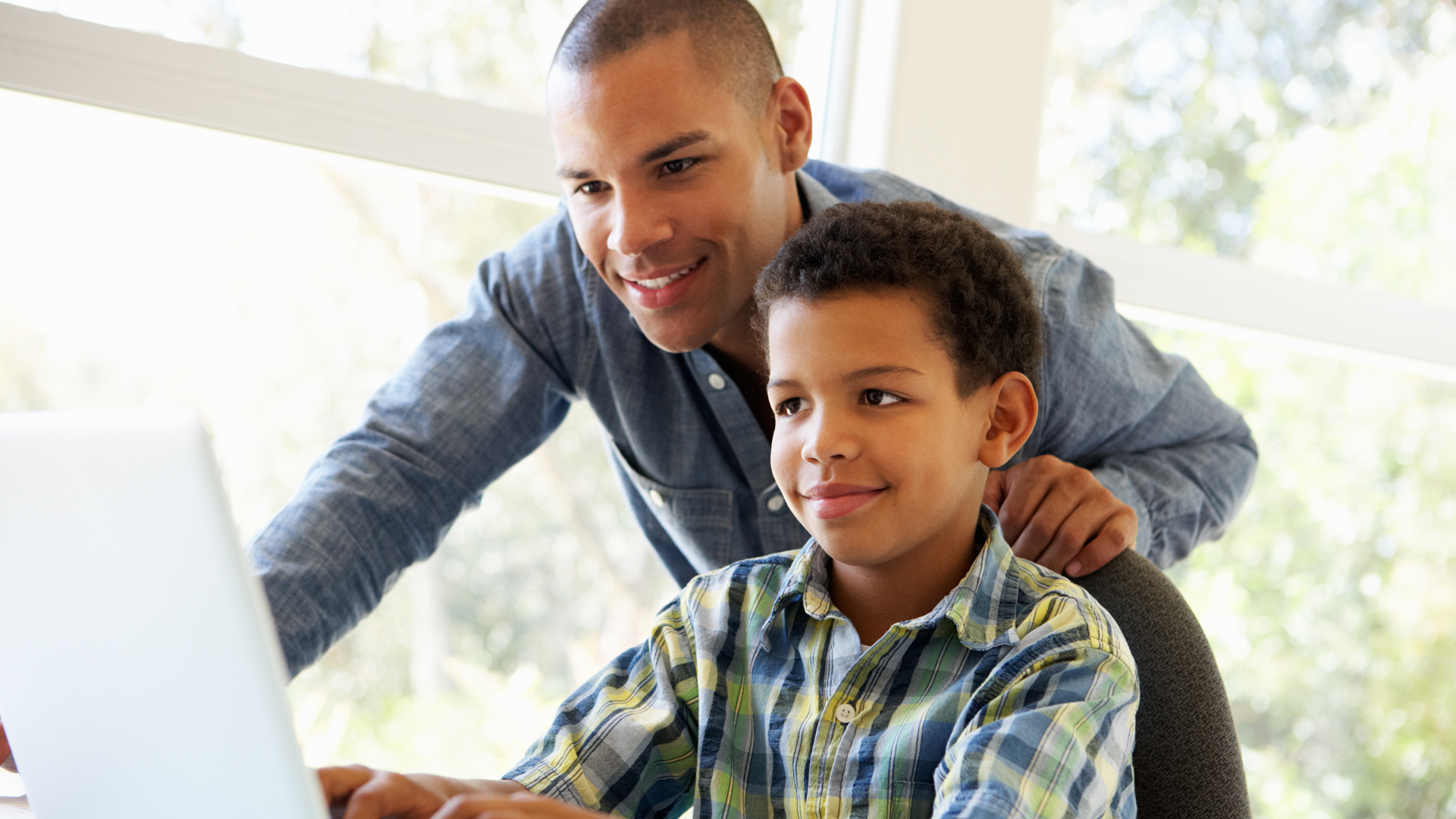Talking to Children About Traumatic Events
Helpful tips on how to discuss sensitive topics for children of any age.

Discussing traumatic events, such as war, with children is a challenging yet crucial task for parents and caregivers. Offering guidance and support in a gentle, age-appropriate manner is essential in helping children navigate and process these difficult situations. Just remember SUPPORT:
S – Safety and Security
All children, from toddlers to teens, will benefit from your touch — extra cuddling, hugs, or just a reassuring pat on the back. It gives them a feeling of security, which is so important in the aftermath of a frightening or disturbing event.
U – Uphold Calmness
Children look to adults for reassurance after traumatic events have occurred. Do not discuss your anxieties with your children or when they are around, and be aware of the tone of your voice, as children quickly pick up on anxiety.
P – Preserve Routines
Amidst chaos and change, routines reassure children that life will be okay again. Try to have regular mealtimes and bedtimes. If you are homeless or temporarily relocated, establish new routines. And stick with the same family rules, such as ones about good behavior.
P – Positive Distraction
Encourage kids to do activities and play with others. The distraction is good for them and gives them a sense of normalcy.
O – Open Communication
It’s always best to learn the details of a traumatic event from a safe, trusted adult. Be brief and honest, and allow children to ask questions. Don’t presume kids are worrying about the same things as adults.
R – Restrict or limit exposure to news coverage
This is especially critical with toddlers and school-age children, as seeing disturbing events recounted on television or in the newspaper or listening to them on the radio can make them seem to be ongoing. Children who believe bad events are temporary can more quickly recover from them.
T – Tolerate Differences
Recognize that children cope differently and let them express emotion in their own way. Some might want to spend extra time with friends and relatives; some might want to spend more time alone. Let your child know it is normal to experience anger, guilt, and sadness and to express emotions in different ways.
Above all else, children need support during challenging times. By recalling “SUPPORT,” you can remember some helpful ways to speak to children about traumatic events and help support them during difficult times. Also, do not forget the importance of adults providing themselves with self-care.
Share Our Guide
Download the PDF version of this guide to print or share with others.
Download the Guide (PDF)Resources for All New Yorkers
Still Have Questions?
Our experts are available for conversations. It’s all part of The Jewish Board’s continuum of care to help ensure that New Yorkers don’t have to navigate life’s difficulties alone.
Contact Us Today











